“The Electricity Law (amended) should be promulgated as soon as possible”
07:23 |
October 1, 2024
View :
43
At the recent Consultation Workshop for National Assembly Deputies and Experts on the Draft Law on Electricity (amended) organized by the People's Deputies Newspaper in coordination with the Ministry of Industry and Trade in Can Tho City, delegates and experts made many specific and accurate contributions to the Draft Law in many aspects; at the same time, they said that the Draft Law on Electricity (amended) should be promulgated as soon as possible to meet the urgency in the development of the electricity industry, as well as the energy requirements for socio-economic development.
Mr. Phan Xuan Duong, independent energy consultant:
It is necessary to soon promulgate the Electricity Law (amended).
Mr. Phan Xuan Duong, independent energy consultant
The Draft Electricity Law (amended) has been updated, revised and supplemented a lot so far and is continuing to receive comments to complete it in time to submit to the National Assembly for consideration and possibly pass it within 1 session at the upcoming 8th Session. I think that the Electricity Law (amended) should be issued as soon as possible because it brings efficiency to the electricity industry and the economy in general. If we keep expecting the Law to be completely complete and wait for everything to be completed before issuing it, I am afraid it will be very difficult and will not be suitable for the current urgent needs.
According to the Power Plan VIII, the target by 2030 is that the total capacity of power plants needed to serve domestic demand will be 150,489 MW, of which the focus will be on building thermal power plants using LNG 22,400 MW (14.9% of total capacity of power plants); onshore wind power 21,880 MW (14.5%); offshore wind power (WW) 6,000 MW (4%), solar power 12,836 MW (8.5%).
For onshore wind power projects, solar power can call for domestic investors or joint ventures, partnerships with foreign investors through implementation. Only two types of power generation, thermal power using LNG and GNG, need to be prioritized for development and require large capital sources.
The reality is that imported LNG power projects are facing difficulties in solving problems of borrowing capital due to obstacles in mechanisms and policies. Meanwhile, the DGNK has not had any projects that have been called to have started construction to reach 6,000 MW by 2030. Without mechanisms to attract private investment, mainly foreign investment, the investment plan for these power source projects will be at risk of being broken. Therefore, a breakthrough mechanism is needed to attract investment capital.
Regarding LNG, the regulations in the draft Law on Electricity (amended) have made many breakthroughs, especially the "framework" regulations in Clause 4, Article 27; I think that the Investment and Business Project Contract needs to be specified, ensuring fairness and harmony between the parties.
Regarding the DGNK, the latest Draft has made important general amendments regarding the assignment of responsibilities to ministries, investment processes, etc. I suggest that it is necessary to quickly pilot and should be assigned to an experienced corporation like Petrovietnam , they already have projects, drilling rigs, and are arguably the most capable enterprises in Vietnam to invest in this field, and especially they are state-owned corporations. After having pioneering projects, we will draw experiences and lessons for other projects.
Mr. Phan Tu Giang, Deputy General Director of Vietnam Oil and Gas Group (Petrovietnam):
There are policies to attract investment in power source projects.
Petrovietnam Deputy General Director Phan Tu Giang commented on the Draft Law
The policy in the Electricity Law (amended) this time is very urgent to attract investment, especially domestic and foreign investors to participate in power source projects. In particular, power source projects with cheap electricity prices such as hydropower and coal power currently have no room for development. Therefore, we must find a way to develop domestic gas power, LNG power and renewable energy (RE), especially GHG. And because these are not cheap power sources, investment and operation policies need to be appropriate to attract investment as well as efficiency in the operation process.
This also answers the question of why, out of 15 LNG power projects, only Nhon Trach 3 and 4 have been invested in and are expected to be put into operation from May 2025 (Nhon Trach 3) and October 2025 (Nhon Trach 4) respectively. However, it must be said that, up to now, we are still negotiating the Power Purchase Agreement (PPA) and are extremely worried about not being able to mobilize enough (Qc) to create a mechanism for the plant to operate. But why did we decide to invest? To be honest, it is the direction of the Government and the State and only state-owned enterprises can do it. Private and foreign enterprises will not invest if they are not clear about the policy.
And why LNG must have a price operation mechanism, must have long-term Qc, because without a long-term operation mechanism, firstly, the LNG source is not guaranteed. Secondly, there is no good price. We have calculated that between long-term purchase and short-term purchase, there will be a very different price mechanism. According to current calculations, the long-term purchase price compared to short-term purchase can differ by up to 73% if the long-term purchase commitment is only 20%, compared to the long-term purchase commitment of 90%. Besides, long-term purchase also ensures the issue of stable supply when the world market is difficult, volatile, and in many cases, even the supply is stopped if there is no long-term contract. Therefore, investors need Qc for LNG electricity to be long-term.
With domestic gas power projects, we are currently developing projects such as NCS, Lot B, the prices of these domestic gas power projects are nearly 50% higher than the current average electricity price announced by the Ministry of Industry and Trade. Currently, the Ministry of Industry and Trade announces a price of about 1,700 - 1,800 VND kWh, while according to calculations, the electricity price of domestic gas power projects is about 3,100 - 3,400 VND kWh. However, it must be seen that in this price component, everything from the upstream stage (gas exploitation), to the midstream stage (gas transportation), to the downstream stage (power generation) all bring revenue to the state. Specifically, if domestic natural gas mobilized in 2024 reaches 90 - 100% of the expected gas exploitation volume, the state budget revenue from upstream gas will increase by 1.75 - 2.14 trillion VND/year. In case of additional gas source from Block B from 2027, if the gas volume is fully mobilized according to the exploitation capacity, the state budget will collect about 24 trillion VND/year during the stabilization period. For each kWh of domestic gas electricity price, the state collects a total of about 45%/unit price of electricity. With such revenue for the state, there should be a policy to prioritize the use of electricity from domestic gas sources.
Mr. Tran Ho Bac, Deputy General Director of Vietnam Petroleum Technical Services Corporation (PTSC):
Encourage export of imported goods
Mr. Tran Ho Bac - Deputy General Director of PTSC
In developing GHG, all countries in the world go through 3 phases. Phase 1 is a pilot, the state will cover the entire project time, determine a profit margin, pilot scale to evaluate potential, design suitable for the sea area, assess environmental impact...
Phase 2 is conditional development, that is, with state support, guaranteed consumption for a certain period of time and price support. Specifically, as in the UK, they apply a price compensation policy. For example, if they are buying and selling electricity in the competitive market at 10 cents/kWh and the import price is 12 cents, the state will compensate the developer 2 cents. Conversely, if the market price is 10 cents and the offshore wind power price is 8 cents, the state will collect 2 cents.
Phase 3 is the development phase, organizing price bidding.
According to the experience of other countries, we must have a pilot phase, through which we can build a mechanism for implementation.
In addition, regarding offshore renewable energy/hydropower, Vietnam is considered a country with greater potential than demand. Therefore, it is necessary to consider priority policies and encourage investment in hydropower projects for export. Because the price of exported hydropower is often very high, the transmission line is long, the price is over 20 cents/kWh. In the next 10-15 years, the forecast price of hydropower is still higher than other electricity sources, and it is difficult to absorb domestically, so it is possible to consider prioritizing production for export. Investing in electricity projects for export, the state achieves the following goals: First, contributing to ensuring security and sovereignty of the sea, second, creating jobs, third, contributing to the Net Zero target, and fourth, the state collects tax revenue.
Delegate Thach Phuoc Binh, Deputy Head of the National Assembly Delegation of Tra Vinh province:
Need to establish a fund for renewable energy development
Delegate Thach Phuoc Binh - Deputy Head of the National Assembly Delegation of Tra Vinh province
In Chapter 3 of the Draft Law on the Development of Renewable Energy and New Power Sources, should there be a regulation on the establishment of a development fund to provide financial support for the survey and development of these projects? The Draft Law has devoted a chapter to renewable energy and new power sources, but does not mention any regulations on development support. And in reality, this is a difficult problem for businesses. Some businesses go to Tra Vinh to survey and evaluate the potential of renewable energy, but the costs incurred by the businesses are not included in management costs. If the survey shows the potential for exploitation, it is fine, but otherwise it is very difficult. This must be institutionalized. I propose the establishment of a renewable energy development fund, mobilizing from many sources such as the state, private sector, international organizations, etc. to create conditions for development and attract investment.
Delegate Pham Xuan Hoa, National Assembly Delegation of Dong Thap province:
Buying and selling electricity according to market price mechanism
Delegate Pham Xuan Hoa, National Assembly Delegation of Dong Thap province
I support the electricity industry to sell electricity at market prices in the near future, ensuring transparency and no cross-subsidy between electricity users. For example, there are industries that use a lot of electricity, even a factory alone is equal to an entire province using electricity, while the production level causes high pollution but the electricity price for production is lower than for household electricity. Who will compensate for such electricity prices and it is unreasonable.
I think there needs to be transparency in electricity prices, applied according to market prices, so that in the future there will be no annual loss reporting by the electricity industry. The electricity industry is a business and businesses must be fair to market prices, while the state subsidizes, the state spends money to subsidize, clearly and transparently. When transparency is achieved but the electricity industry still makes losses, it is a problem for the electricity industry in management and business activities. Therefore, I think that implementing a market price mechanism is extremely necessary.
Regarding the mechanism for piloting the GNG projects. It has been determined that this is a pilot story and it is necessary to pilot, state-owned enterprises are directed to do the pilot, so they must do it, but at the same time, there must be support and assistance from the state, to have strong enough legal basis for enterprises to do it, otherwise it will be very difficult.
Mai Phuong - Le Truc
Source: https://www.pvn.vn/chuyen-muc/tap-doan/tin/5f377108-7766-4465-ab29-6ca5a90f05e2


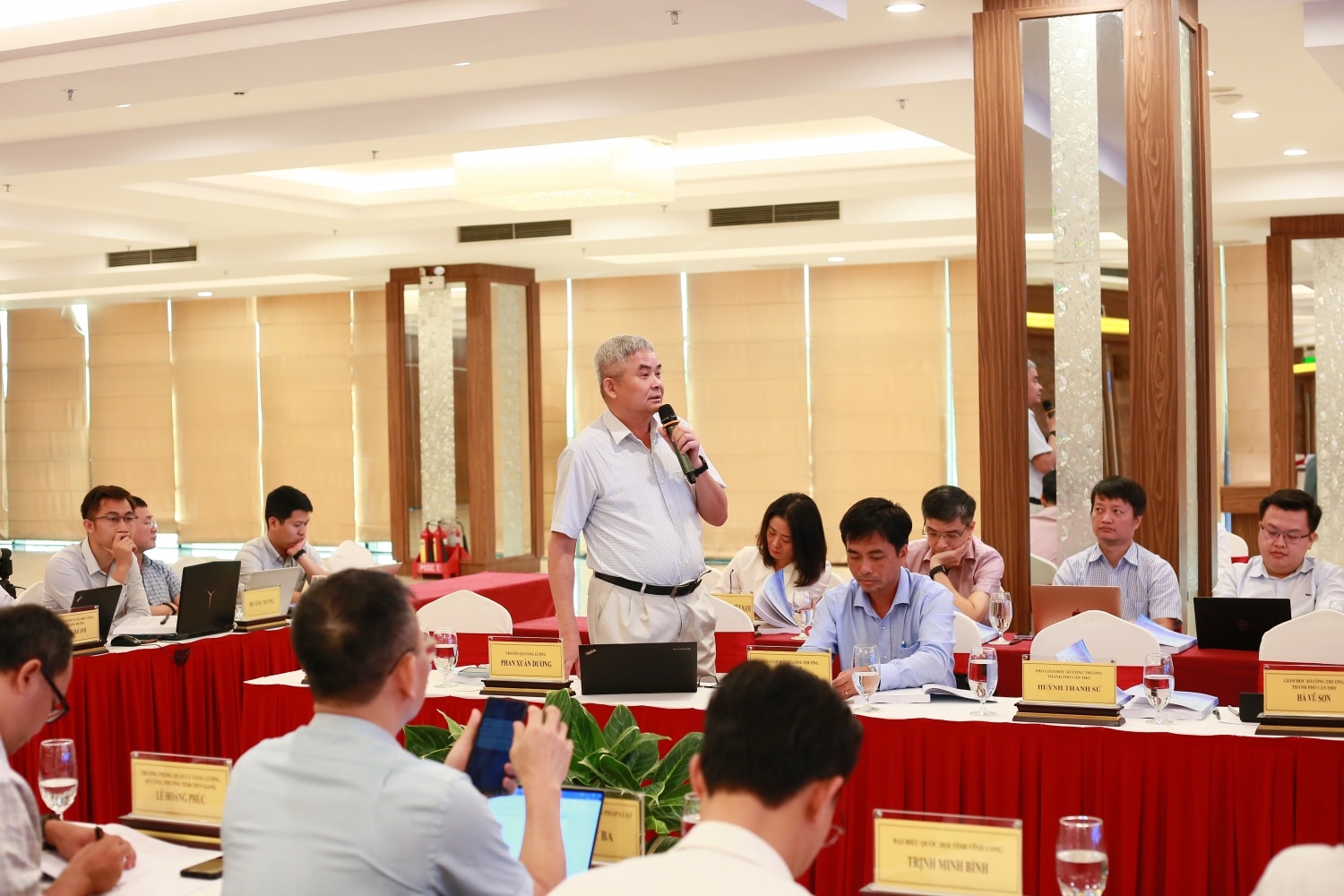
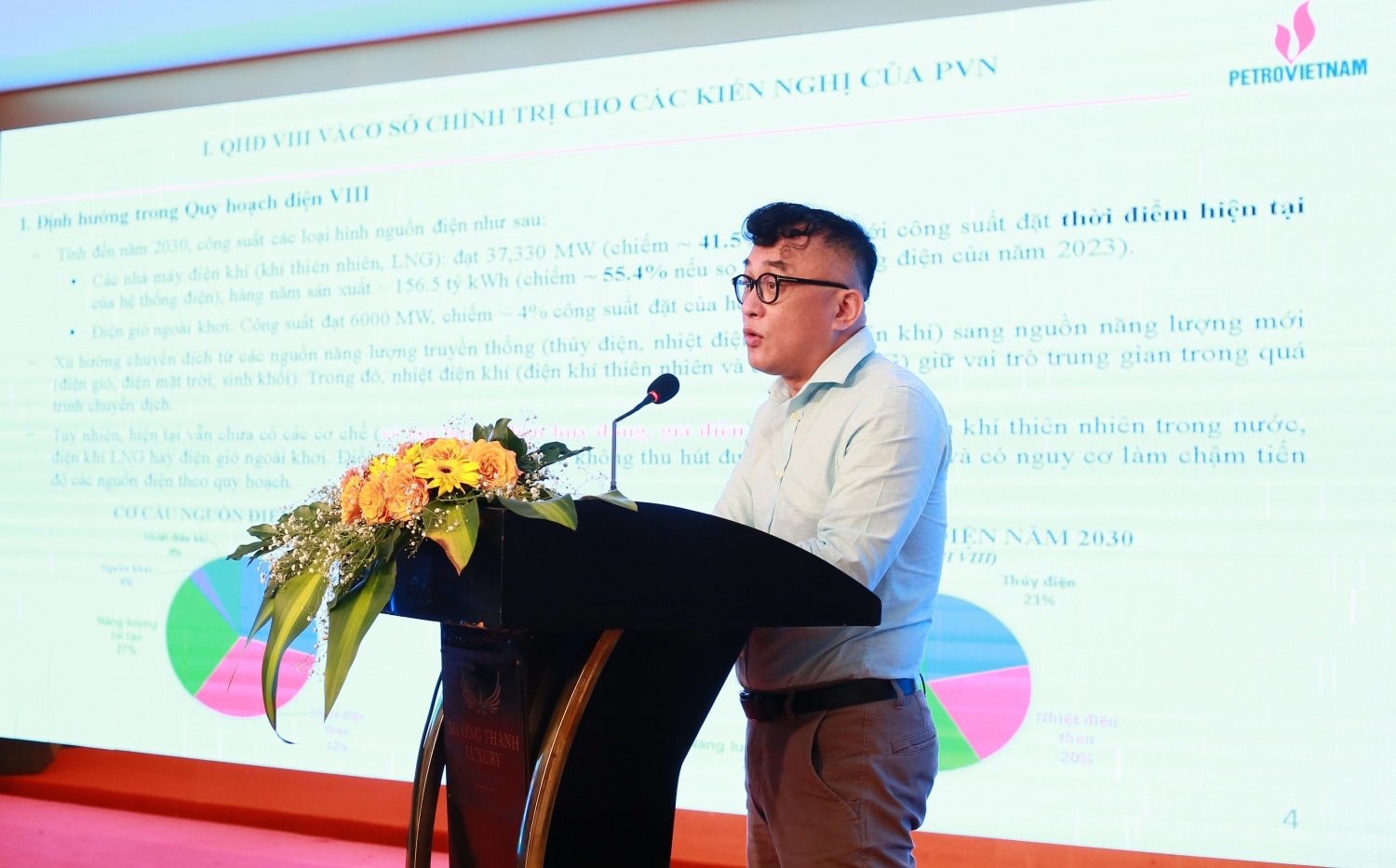
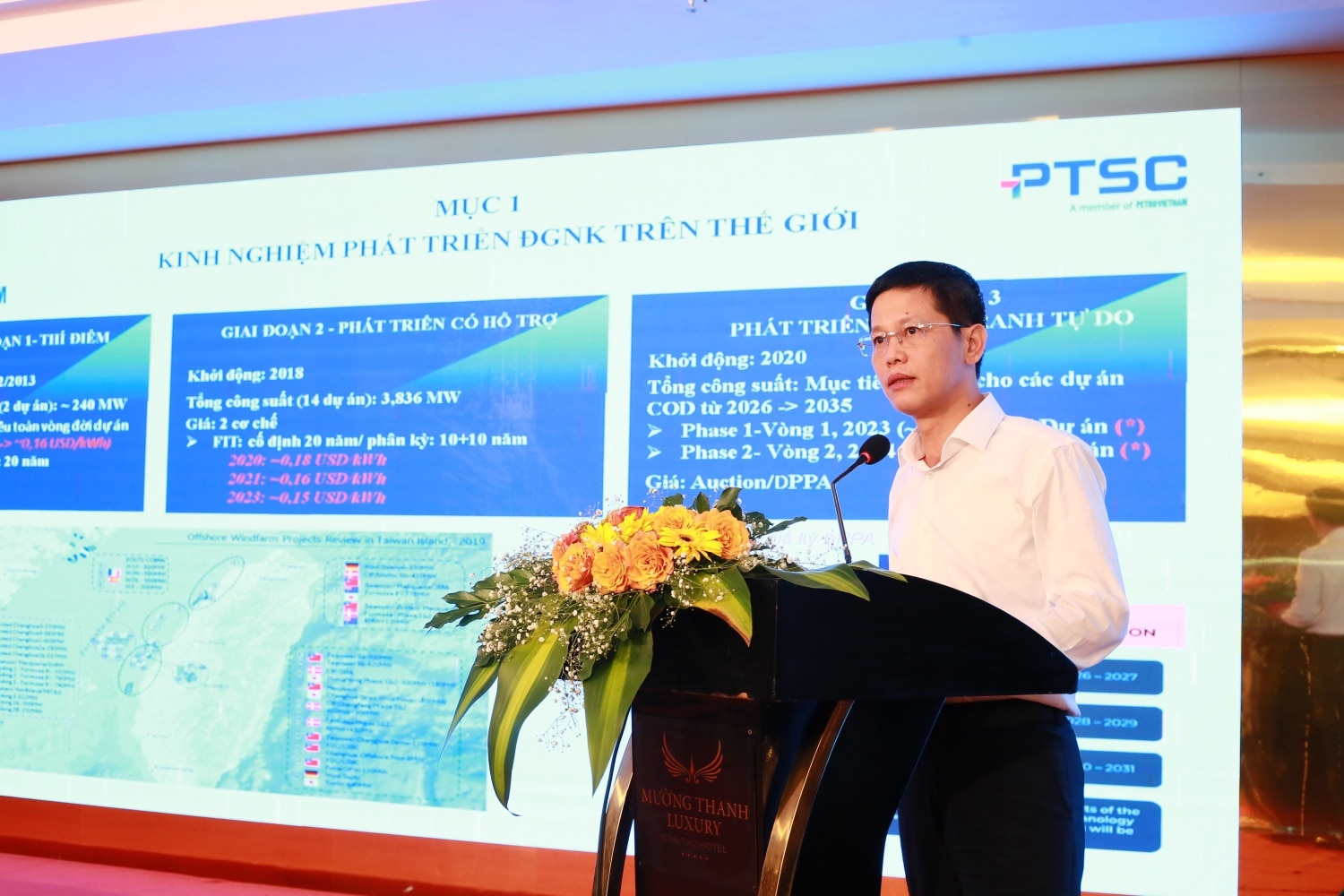
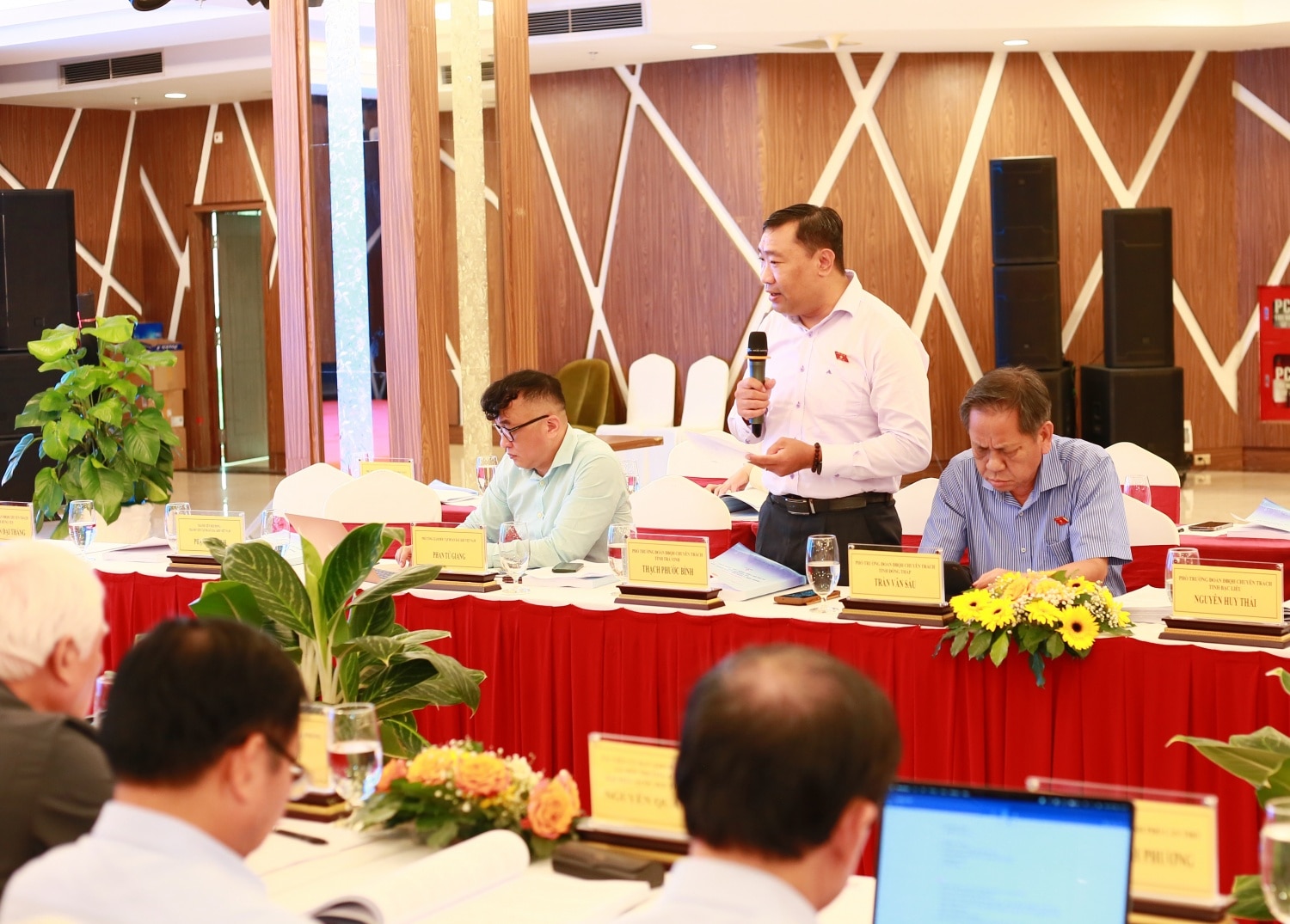
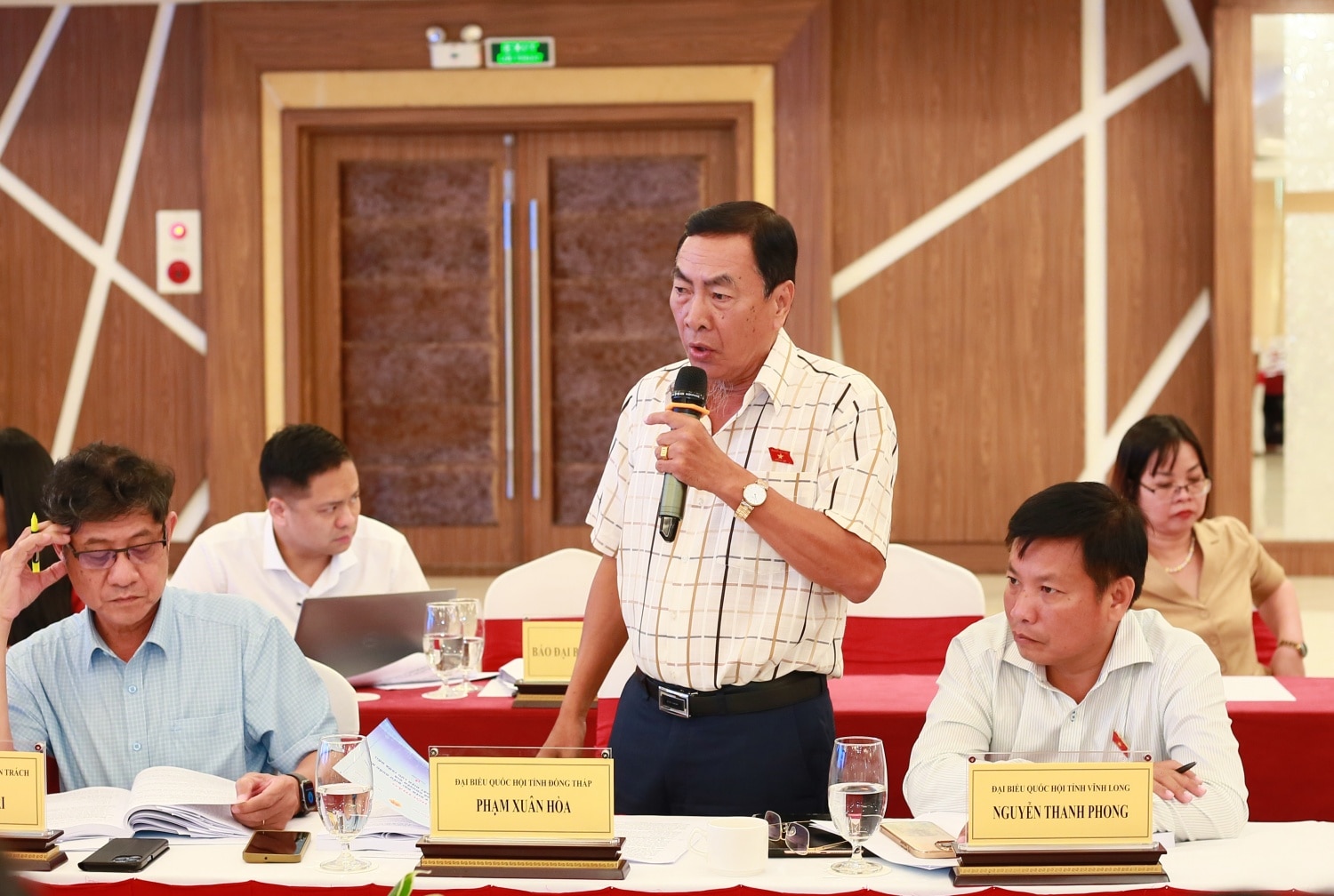

![[Photo] Editor-in-Chief of Nhan Dan Newspaper Le Quoc Minh received the working delegation of Pasaxon Newspaper](https://vphoto.vietnam.vn/thumb/1200x675/vietnam/resource/IMAGE/2025/9/23/da79369d8d2849318c3fe8e792f4ce16)
![[Photo] Prime Minister Pham Minh Chinh chairs the 14th meeting of the Steering Committee on IUU](https://vphoto.vietnam.vn/thumb/1200x675/vietnam/resource/IMAGE/2025/9/23/a5244e94b6dd49b3b52bbb92201c6986)
![[Photo] The 1st Congress of Party Delegates of Central Party Agencies, term 2025-2030, held a preparatory session.](https://vphoto.vietnam.vn/thumb/1200x675/vietnam/resource/IMAGE/2025/9/23/e3a8d2fea79943178d836016d81b4981)
![[Photo] General Secretary To Lam meets voters in Hanoi city](https://vphoto.vietnam.vn/thumb/1200x675/vietnam/resource/IMAGE/2025/9/23/d3d496df306d42528b1efa01c19b9c1f)



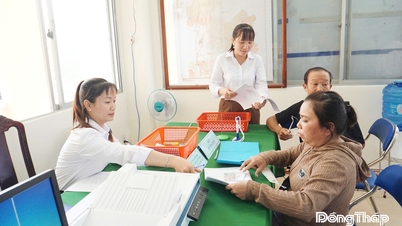












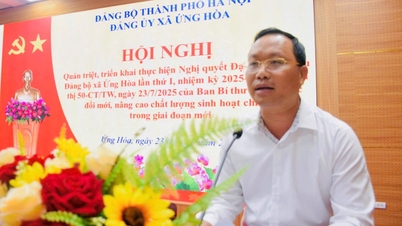
























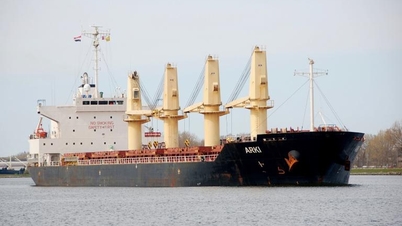


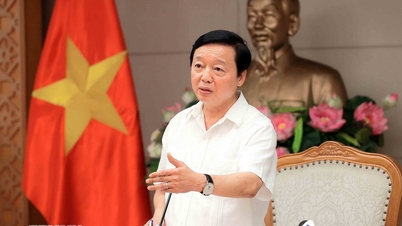






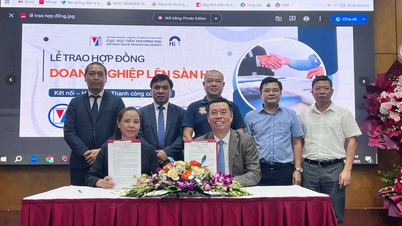


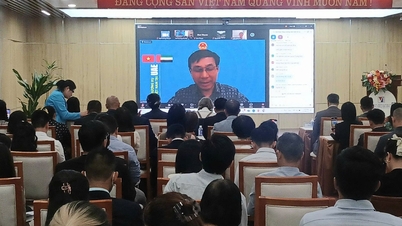
















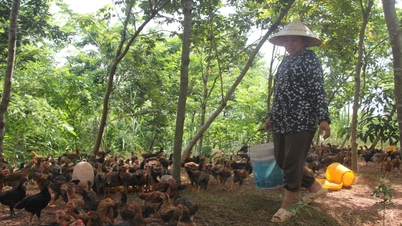


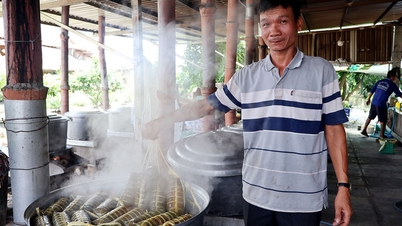




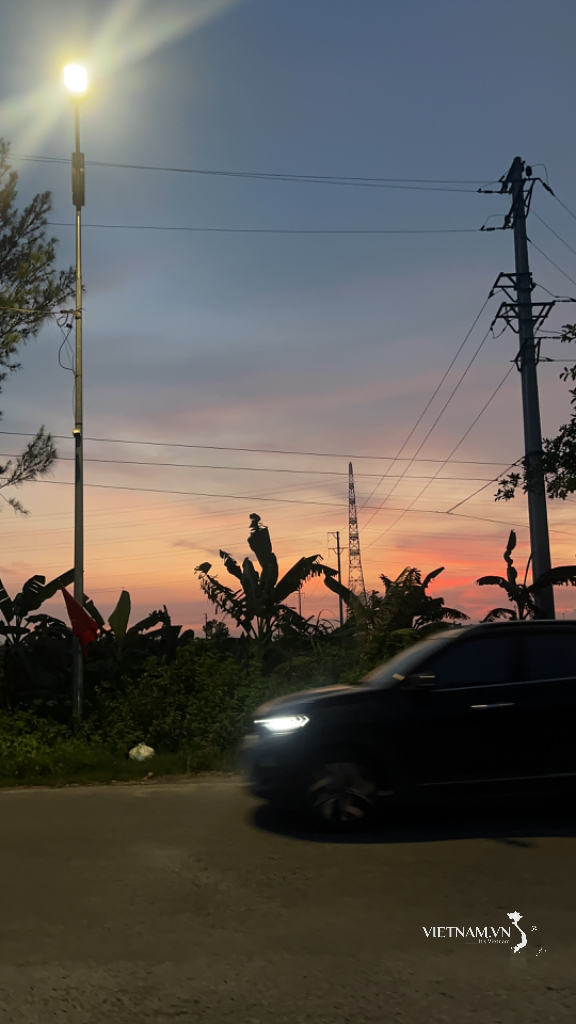

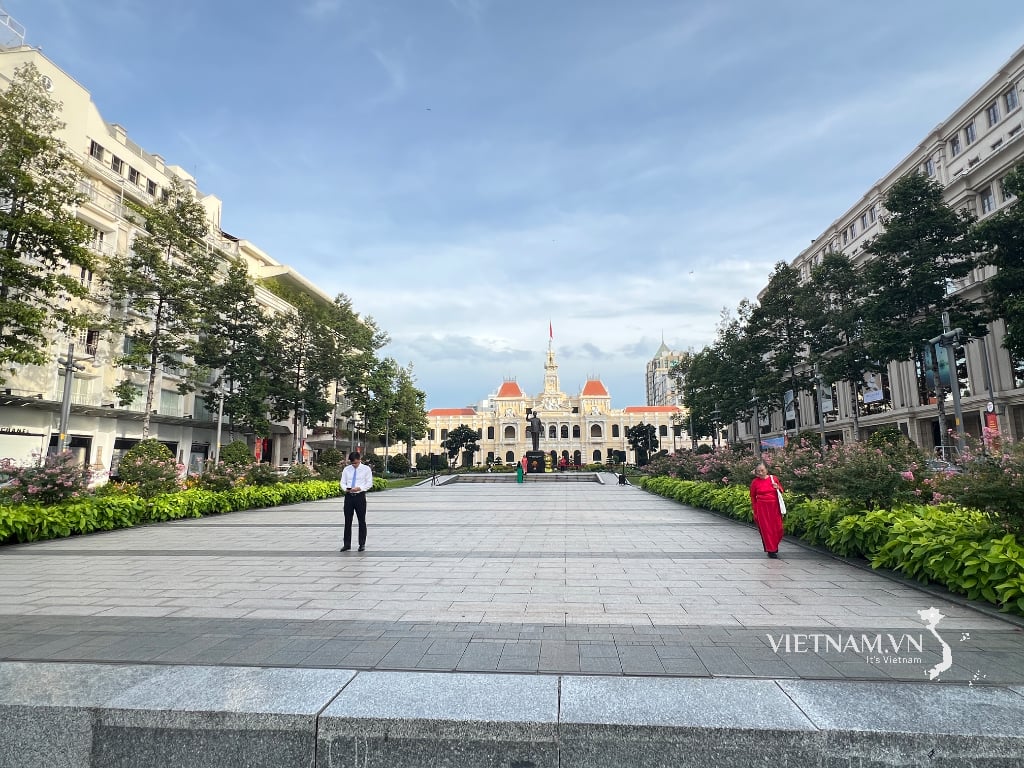

Comment (0)